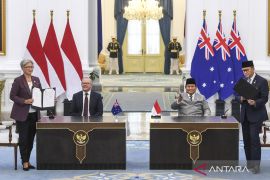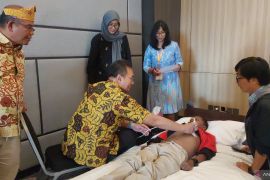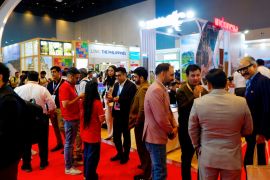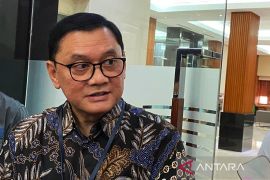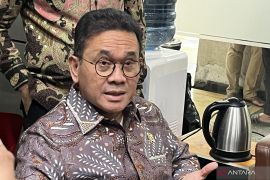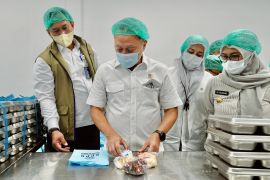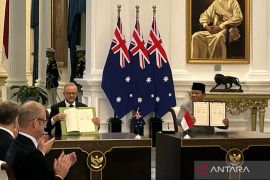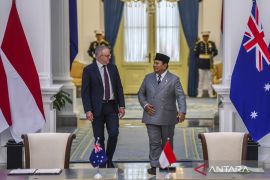"This is part of efforts to create new rattan product designs to make rattan industry to boom again," deputy industry minister Alex Retraubun said here on Wednesday.
He said the cooperation was also expected to be able to boost development of downstream industries and transfer of knowledge in the field of innovation to make local products more competitive in the global market.
The director general of industrial zones` development, Dedi Mulyadi, meanwhile said the agreement would be used as the basis for wider cooperation in the development of the two countries` industries especially in rattan product innovation development.
Dedi said various kinds of cooperation to be carried out included technology development, design and marketing development, education and training, research cooperation, workshops, international seminars, business mediation, research and development and institutional cooperation.
"The government`s policy to stop raw rattan exports since early in 2012 to boost downstream rattan industrial development has given a positive impact to rattan industry development in Indonesia," he said.
He admitted that at the initial stage the policy had hurt rattan collectors in regions who had lost livelihood because of it but in the long term he said he believed it would boost development of downstream industries.
He said the downstream industries could later create jobs in the regions or villages and therefore their development had been prioritized by the government.
According to data from the Surveyor Report exports of rattan products in January 1 to September 30, 2012 reached more than US$157 million.
Rattan furniture contributed US$118.53 million to the value while rattan weaving products US$39.25 million.
In 2011 total exports of rattan products were recorded at only US$100 million.
(reporting by ade irma junida, editing by yoseph hariyadi, check-editing by Bustanuddin)
(A062/H-YH/B003)
Editor: Suryanto
Copyright © ANTARA 2013
